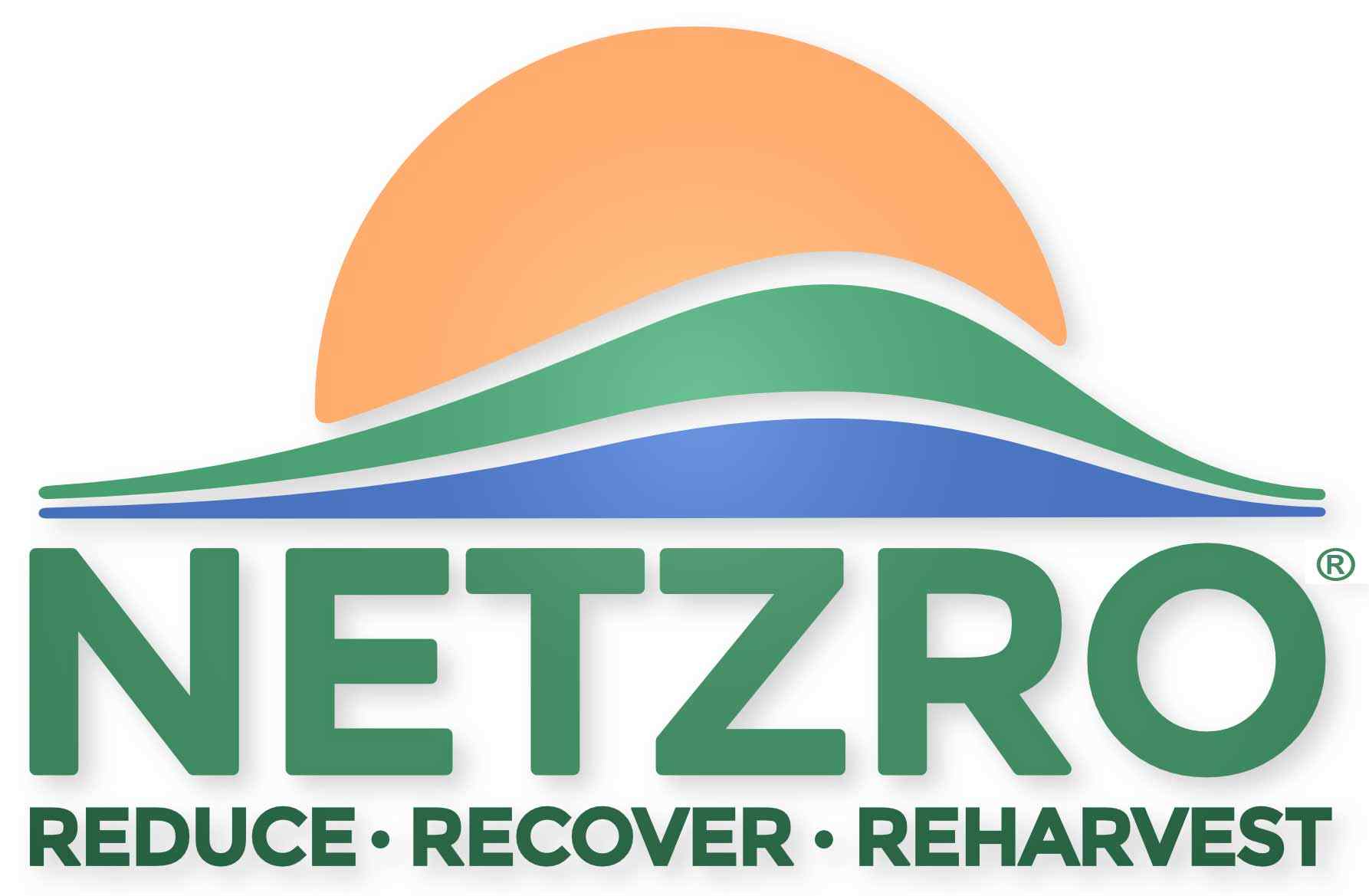Look out, organics, there’s a new kid in town: mindful consumption
Discussions of healthy eating are often led by buzzwords like “clean,” “natural,” and “organic.” Organic foods in particular have led the market for some time now; however, they are facing a decline in consumer perceptions. According to Mintel, only 26% of consumers trust organic food labels. This is likely because most consumers don’t really understand what it means for food to be organic and because of a lack of consistent regulations.
Additionally, according to a survey by the International Food Information Council Foundation, consumers preferred foods that were high in healthy components and nutrients as well as ones that were minimally processed/natural over organic foods. Consumers are shifting away from specific labels like “organic” and toward broader concepts of health and environmentalism.
This shift makes way for a new, more encompassing concept: mindful consumption. Rather than focusing on one specific label like “organic,” a mindful consumer is focused on both the health value the food offers as well as the impact their food choice has on the environment at all levels of the supply chain.
Here are some questions Dr. Sabrina Helm of the University of Arizona raised about mindful consumption that reflect on the role of the consumer, the retailer, and technology in reducing food waste:
How can retailers aid consumers in reducing food waste? (e.g., food purchase transparency; shopping lists; adaptive couponing).
How can technological developments aid consumers in reducing food waste? (e.g., online menu planning; IoT – “smart” fridge).
How can decreased food consumption (increased household food efficiency) and economic development be aligned? (e.g., price increases to account for external effects vs. decreased purchase per household).
While these questions don’t have a single clear-cut answer, new solutions to food waste reduction are being informed continually by consumer willingness to adopt. These questions only begin to hint at a new mindset surrounding how we talk about food and the environment and our interactions with them.
The curve for adoption of mindful consumption habits may not be as steep as one might assume. According to the Healthy Eating report from Technomic, when consumers want to eat healthy in restaurants, 61% look for “natural” ingredients. This translates into a higher willingness to pay with 43% of consumers responding that they are more likely to purchase and would pay more for “natural” food and 40% saying the same about “clean” food. Since consumers already search for options they perceive as clean and unprocessed, and are even willing to pay a premium for those options, this opens up the possibility for food retailers to provide food waste solutions that double as healthier food options.
According to an article from National Geographic, “The expanding market represents an understanding and willingness by consumers to pay a premium for food because of how it’s grown, says Michel Cavigelli, USDA research soil scientist. “If you want to protect the environment or eat healthier—here, pay a little more for your food. That’s what organic has created, a market mechanism,” he says.”
In the food waste reduction space, we can build off of that mechanism created by organics and launch a broader movement. This is only the beginning for mindful consumption.
Sources:
https://compassioncenter.arizona.edu/sites/compassioncenter.arizona.edu/files/ICCR_Helm_Exploring%20MC.pdf
https://pdfs.semanticscholar.org/c7a4/9bd8bfb810384aea1dd6dbb22e35231a0cec.pdf
https://www.restaurantbusinessonline.com/food/consumers-rising-demand-real-ingredients
https://www.nationalgeographic.com/environment/future-of-food/organic-farming-crops-consumers/
https://www.qsrmagazine.com/consumer-trends/why-you-need-pay-attention-organic-consumers
